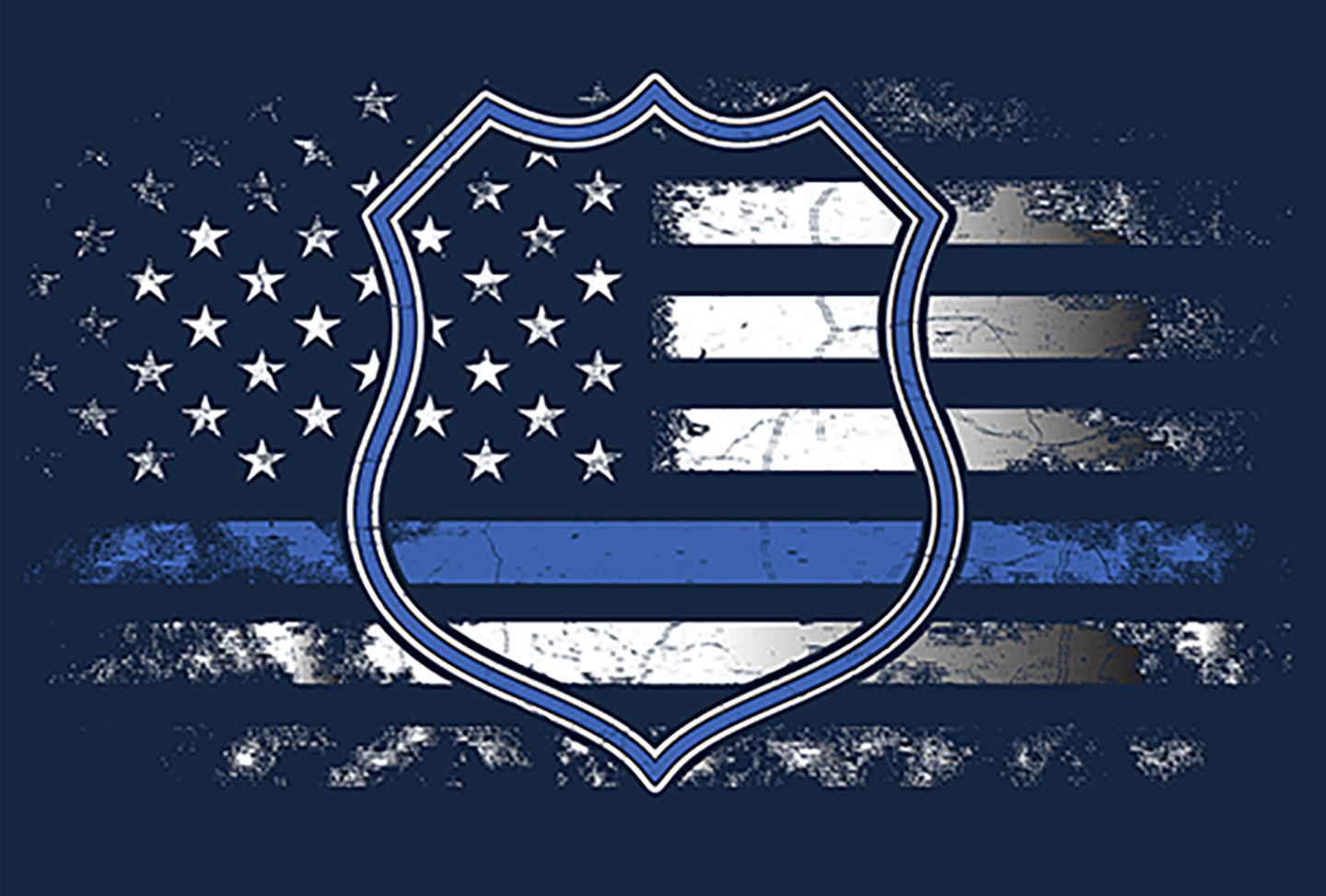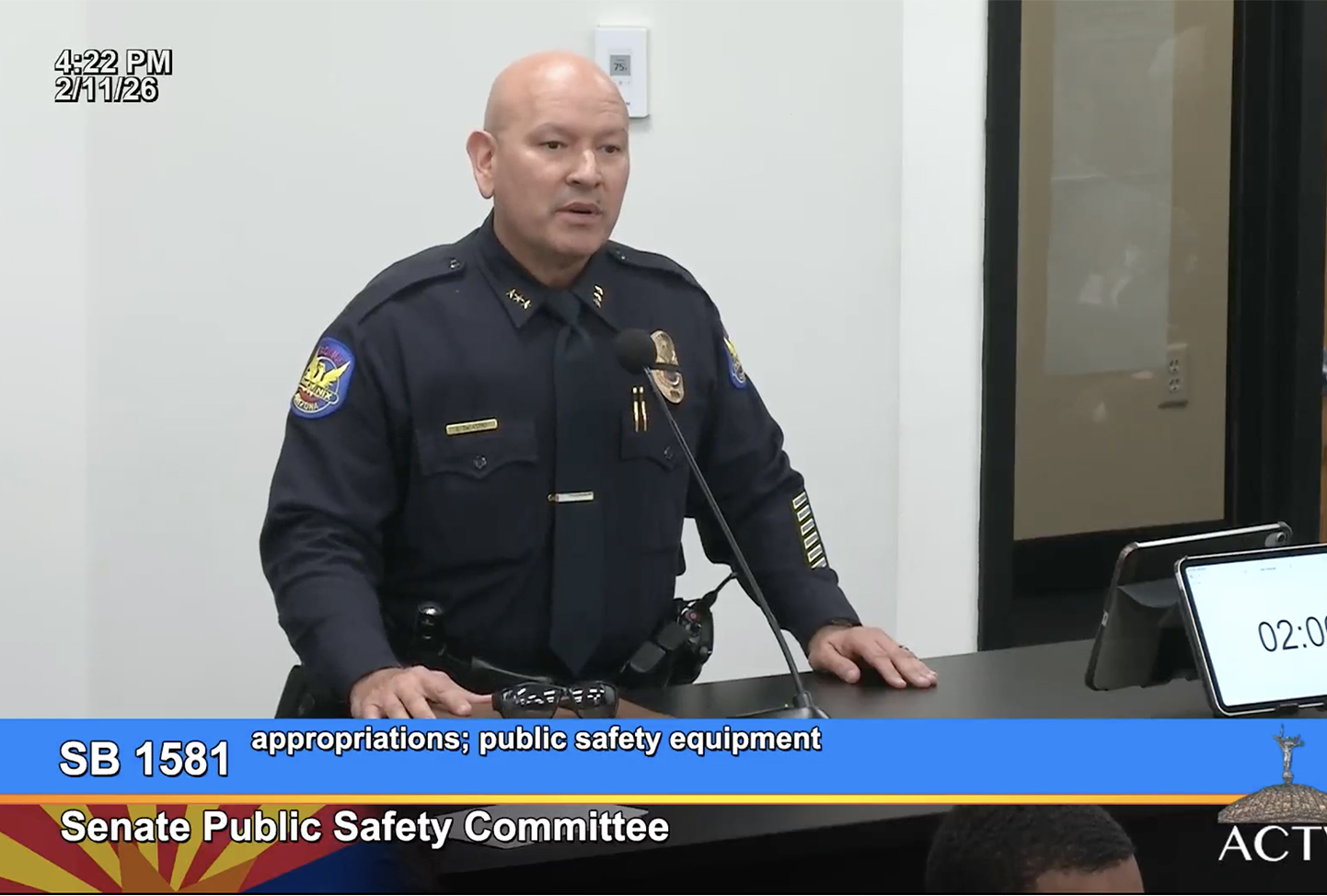In this latest episode of First Response, PepperBall CEO Bob Plaschke interviews LT. Davin Cole (Ret.) After 31 years in law enforcement, Cole has a powerful story to tell about the mental health crisis affecting police officers and first responders across America. His journey through addiction, mental health struggles, and ultimate redemption offers a rare glimpse into the psychological toll of wearing a badge.
The statistics alone are staggering. While the average citizen experiences approximately 4-5 traumatic events in their entire lifetime, police officers and first responders face 3-5 traumatic incidents every month. Over a 30-year career, that exposure can accumulate to 300-400 critical incidents. These aren't just their own traumas – officers absorb the trauma of victims, witnesses, and even suspects. They experience layer upon layer of traumatic events with little time to process before moving to the next call.
Lt. Cole's personal story embodies this hidden crisis. Despite a successful career trajectory and stable personal life, he developed an addiction to prescription pain medications following an injury during canine training. What began as legitimate pain management evolved into a seven-year battle with addiction, compounded by alcohol abuse.
Perhaps the most alarming revelation is how common these struggles are. Approximately 40% of police officers have some form of substance use disorder or other addiction. The suicide rate among officers is about four times the national average. Many engage in high-risk behaviors, from affairs to reckless driving, as maladaptive coping mechanisms for their untreated trauma.
Early warning signs often go unrecognized. Lt. Cole recalls his own symptoms: insomnia lasting 3-4 days, persistent anger directed at colleagues and citizens, and disproportionate reactions to minor policy changes. These symptoms, now clearly identifiable as manifestations of his mental health struggles, went untreated until crisis point.
The good news is that best practices are emerging in progressive police departments. These include unlimited, confidential access to mental health care, critical incident debriefings not just for major events but for the everyday traumatic exposures, and starting mental health conversations early in the academy. Some departments now include therapist consultations as part of annual reviews, normalizing mental health care as routine maintenance rather than crisis intervention.
The message for the public is clear: when you interact with a police officer, remember they've likely recently experienced trauma that most civilians face only a handful of times in their entire lives. They deserve both accountability and empathy as they navigate one of society's most psychologically demanding professions.





